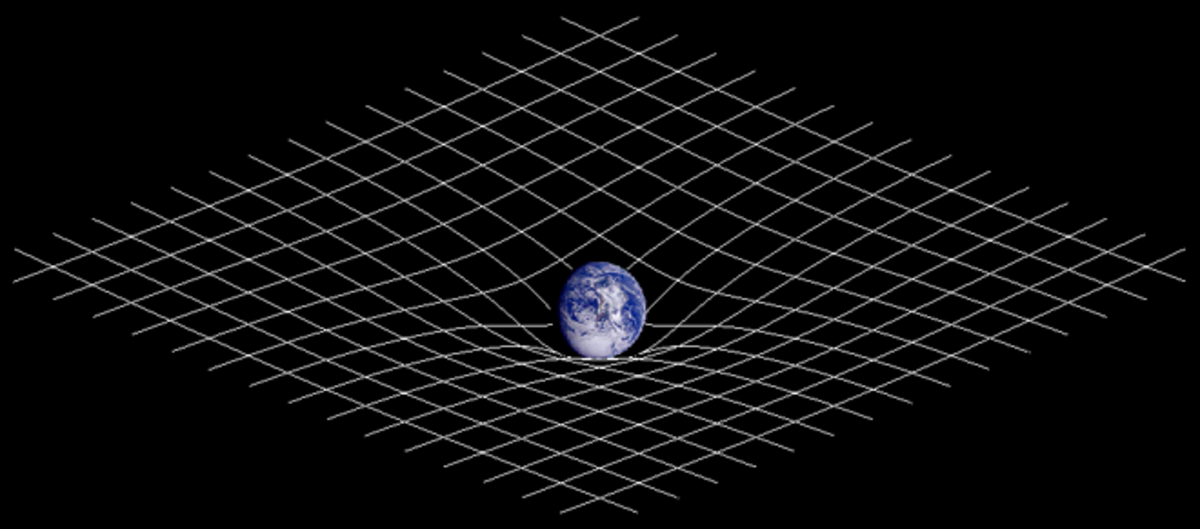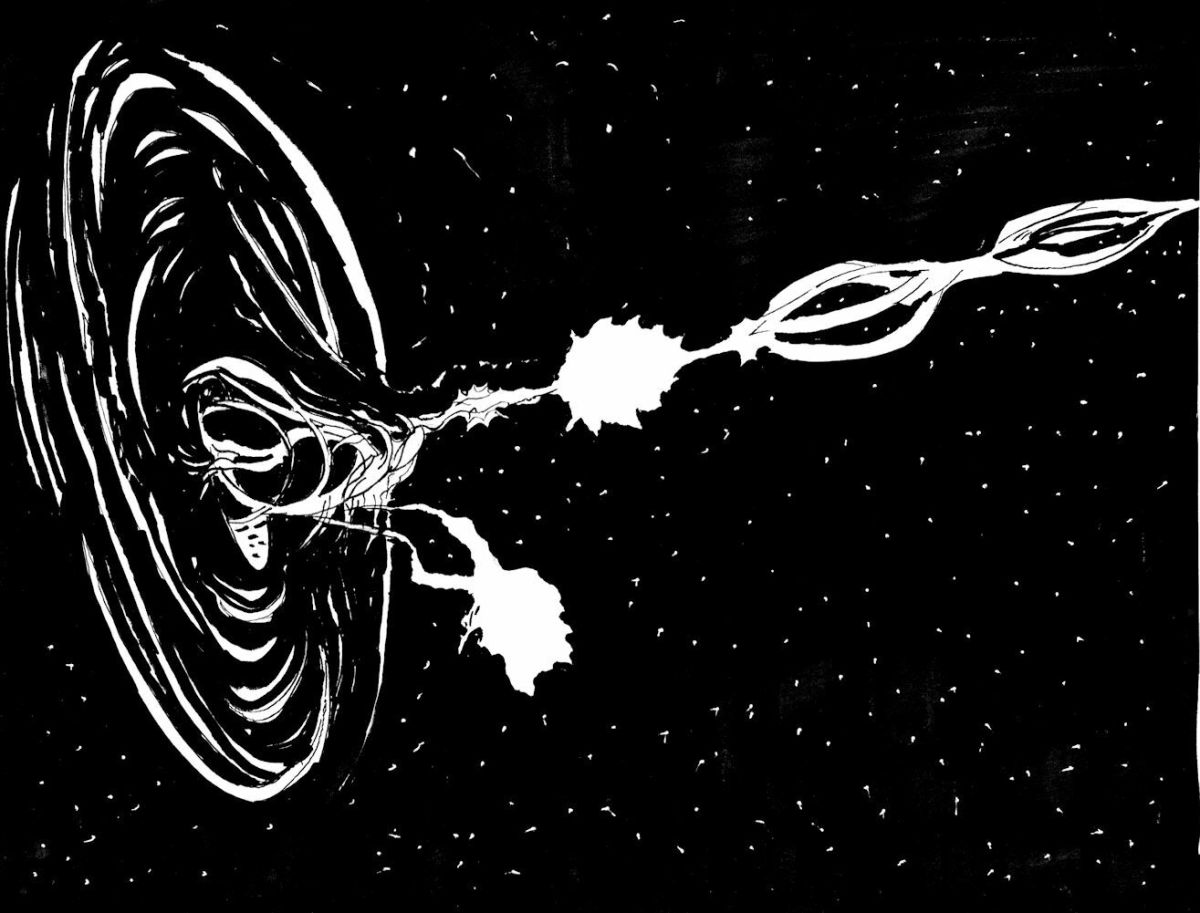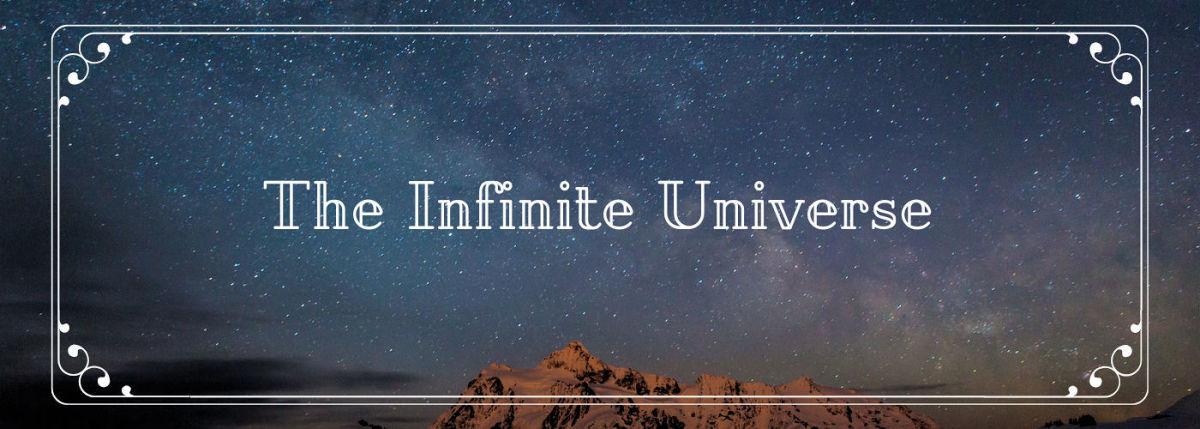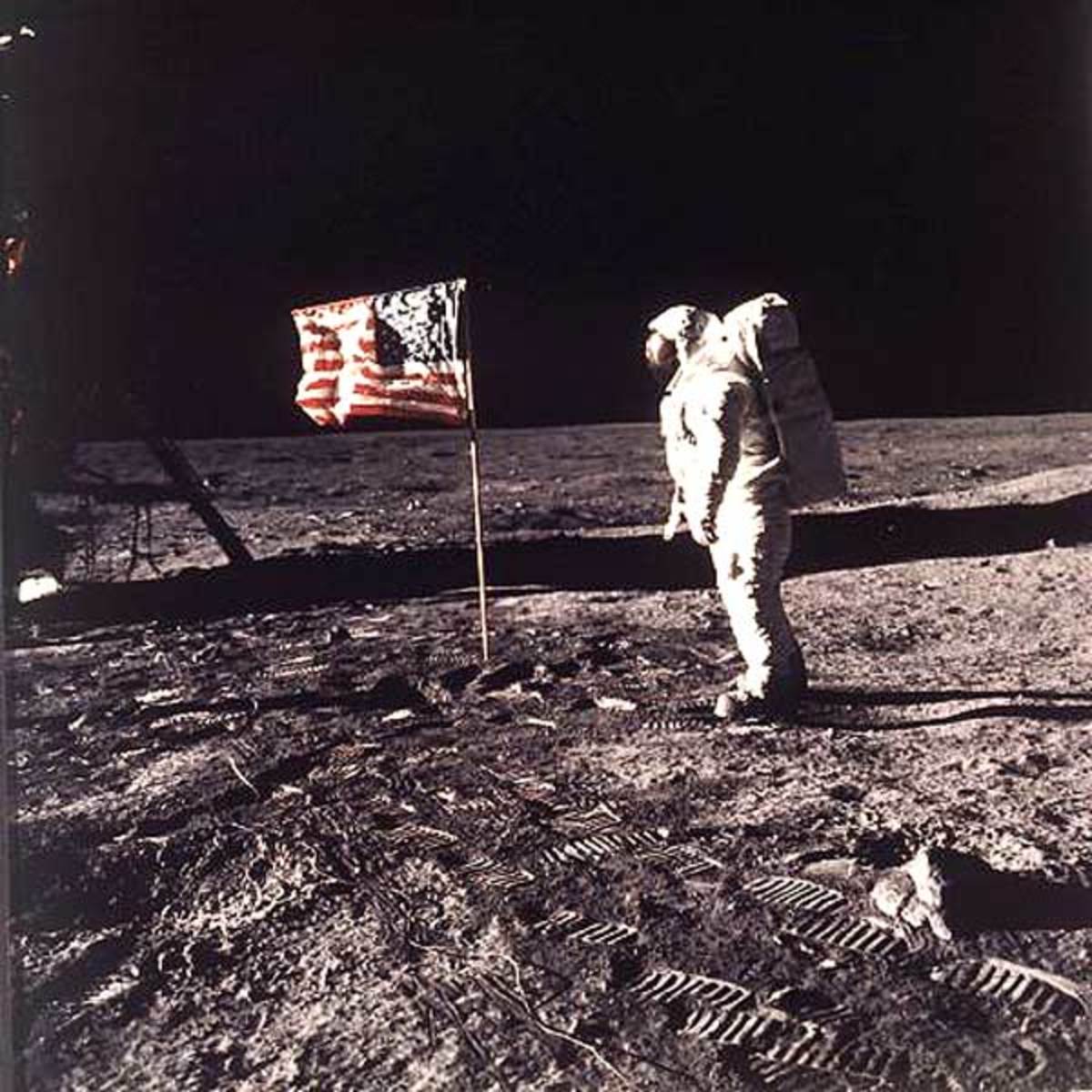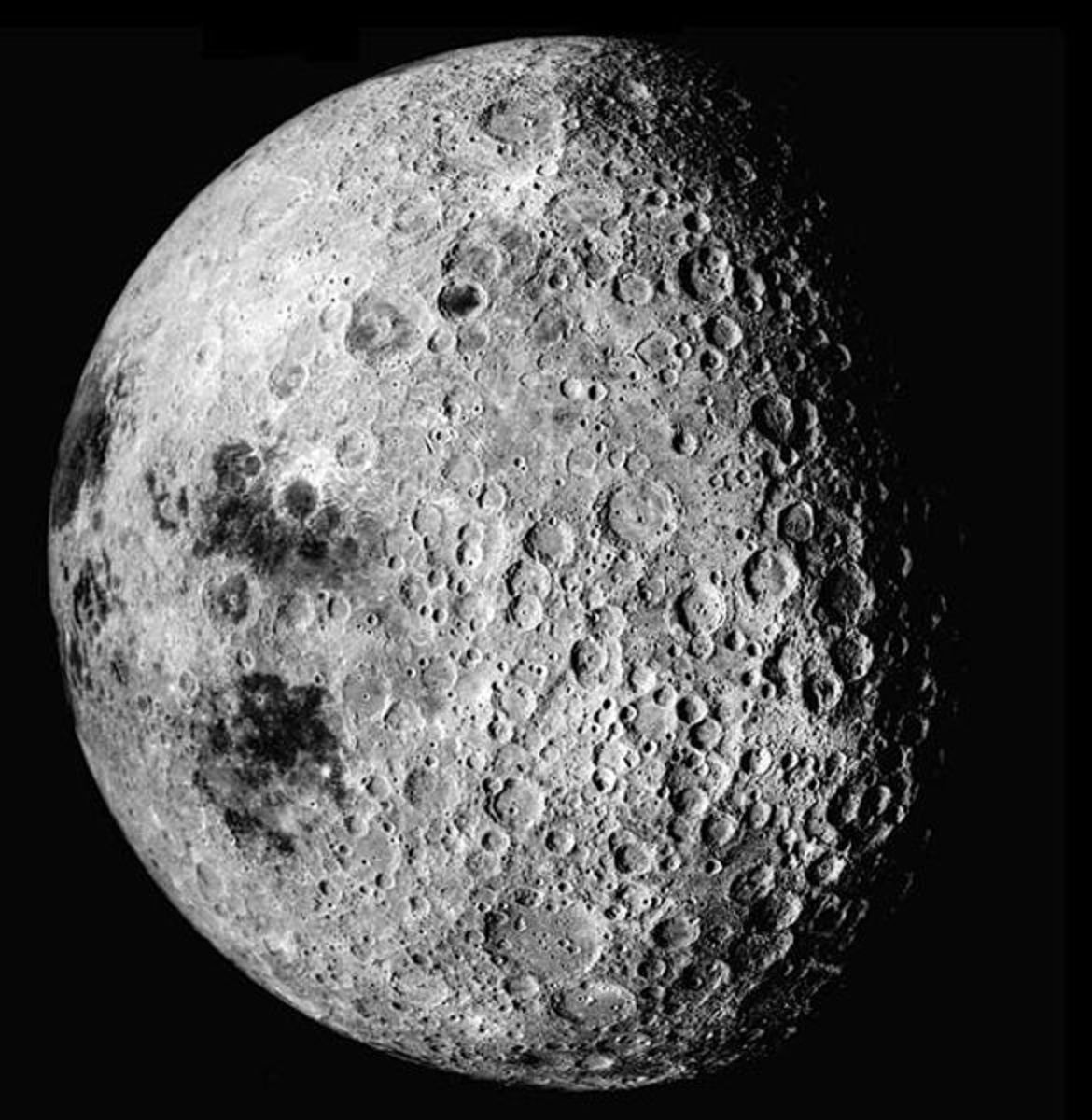All You Need to Know About Black Holes
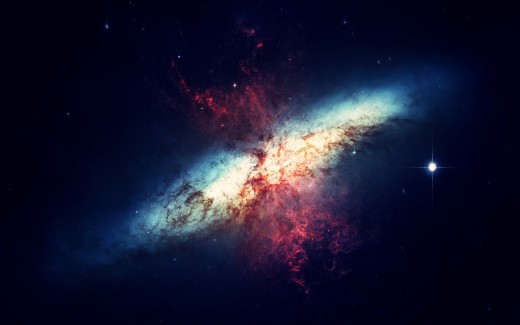
Introduction
The black hole is an area in space where gravity is very high and light is not allowed to pass through it, so it is invisible and can’t be found through the use of a space telescope and special devices. The English geologist John Michel and the French astronomer Pierre Simon Leblas developed the idea of black holes in the 18th century and developed the theory that if the celestial body was sufficiently large and sufficiently dense, it would produce a high attraction that nothing could escape.
The Emergence of Black Holes
When the giant stars explode in the final stages of their lives, these explosions are called supernovae, which cause most parts of the star to be scattered in empty space. These explosions leave cold residues where there is no nuclear fusion, unlike the smaller stars that occur. Where these processes help to produce energy and external pressure constant, and balanced by the forces of clouds of the internal gravity resulting from the mass of the star itself, the absence of these forces in the cold remains of the big star to collapse the star itself, and shrink the black hole emerging in high, zero and infinite intensity. Nobody can escape from its enormous attractiveness even light so that the light of the star itself is confined to its orbit, so this dark star is known as the black hole.
The black holes pull the planets, light, or any other cosmic object in the event that it passes near them. These objects, then reach the point of no return, meaning that they have entered the horizon state, which is impossible for this material to escape from the black hole because that requires that the speed of the movement of this body faster than the speed of light to escape it.
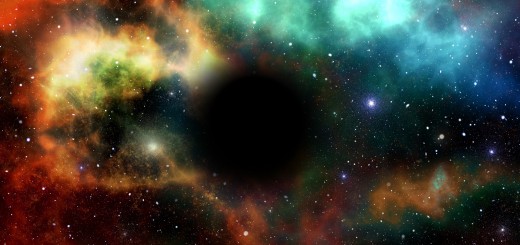
Types of Black Holes
There are three main types of black holes, where the type of star is determined according to the mass and size:
- The small black hole: known as the primitive black hole, or basic, scientists believe that this type of holes is the size of the atom, but the mass is enormous.
- Black hole Medium size: This hole is called the star black hole, which is the most common, which can reach the mass of about 20 times greater than the mass of the sun and can be placed inside a ball with a diameter of 16 kilometers, and there are dozens of black holes starry within the galaxy Milky Way.
- Large black holes, called black hole's mass, and the mass of these black holes about one million suns, and can be placed in a ball of diameter is almost equal to the diameter of the solar system, scientific evidence indicates that each large galaxy contains a huge black hole mass Its center, called the large black hole in the center of the Milky Way galaxy, whose mass is equal to the mass of 4 million suns, can be placed in a ball diameter approximately equal to the diameter of the sun.
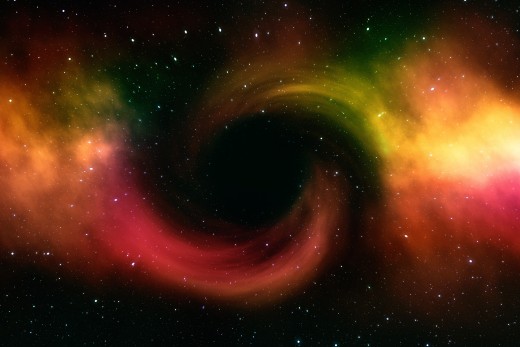
Effect of Black Hole
The black holes, mysterious objects of curiosity, where scientists study the impact of the elements of the universe, and lay hypotheses for what happens to the objects if exposed to attractiveness, and can explain the impact of the black hole as follows:
- The effect on nearby objects: Objects close to the black hole fall in them. Black holes do not absorb objects, but they fall into them. Scientists have long believed that the gravitational attraction of black holes may make objects approaching them to expand and lengthen dramatically, but the fact that objects approaching the black hole fall in and then to burn, but if the approached star of the black hole, it tears.
- Its impact on the planet: The black holes are very far from the planet, the nearest hole to us away from the Earth 1600 light years, although the speed of light equivalent to 300 thousand kilometers per second, so the earth will not be affected by black holes, and may put some assumption of the transformation of the sun To a black hole because it is a star close to the earth, and put the earth at risk of destruction, but the sun is a small star cannot turn into a black hole, and if the transformation will be a small mass and the strength of attractiveness will be equivalent to the power of attracting the sun to the Earth, so the land will not fall in the attractiveness, Circling around it like the two corners of the earth around the sun.
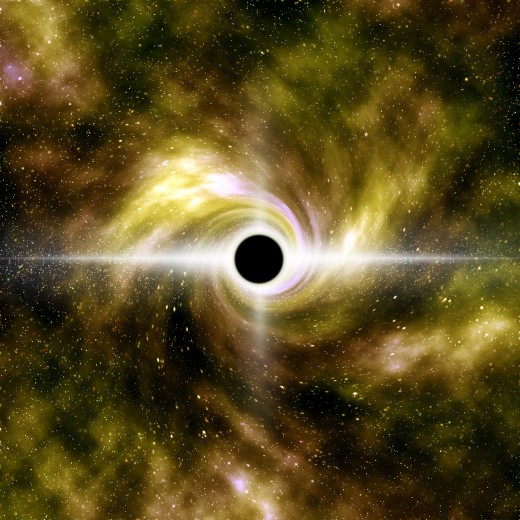
Physical Properties
The simplest static black holes are black holes but do not carry an electrical charge nor an angular momentum. These black holes are often referred to as Schwarzschild's black holes, in recognition of Carl Schwarzschild, who discovered this mathematical solution in 1916. According to Berkhof's theory, this is the only symmetrical solution of spherical symmetry. This means that there is no significant difference between the gravitational field of this black hole and any other sphere with the same mass. Thus, the common idea of "absorption of the black hole for everything" is only true within the circumference of the black hole near its horizon; far away, the field of external gravity corresponds to the field of any other object, having the same mass.
Hawking Radiation
The theoretical physicist Stephen Hawking applied theories of thermodynamics, general relativity, quantum mechanics, and concluded that the black hole could produce rays. It is assumed that double production at the event horizon of the black hole results in radiation called Hawking radiation. He also concluded that the mass of the black hole evaporates over time, and the life of the black hole was estimated at 1067 years.
Poll
Do you think black holes exist?
Full HD Video of Space
© 2019 Ameen Selegi

